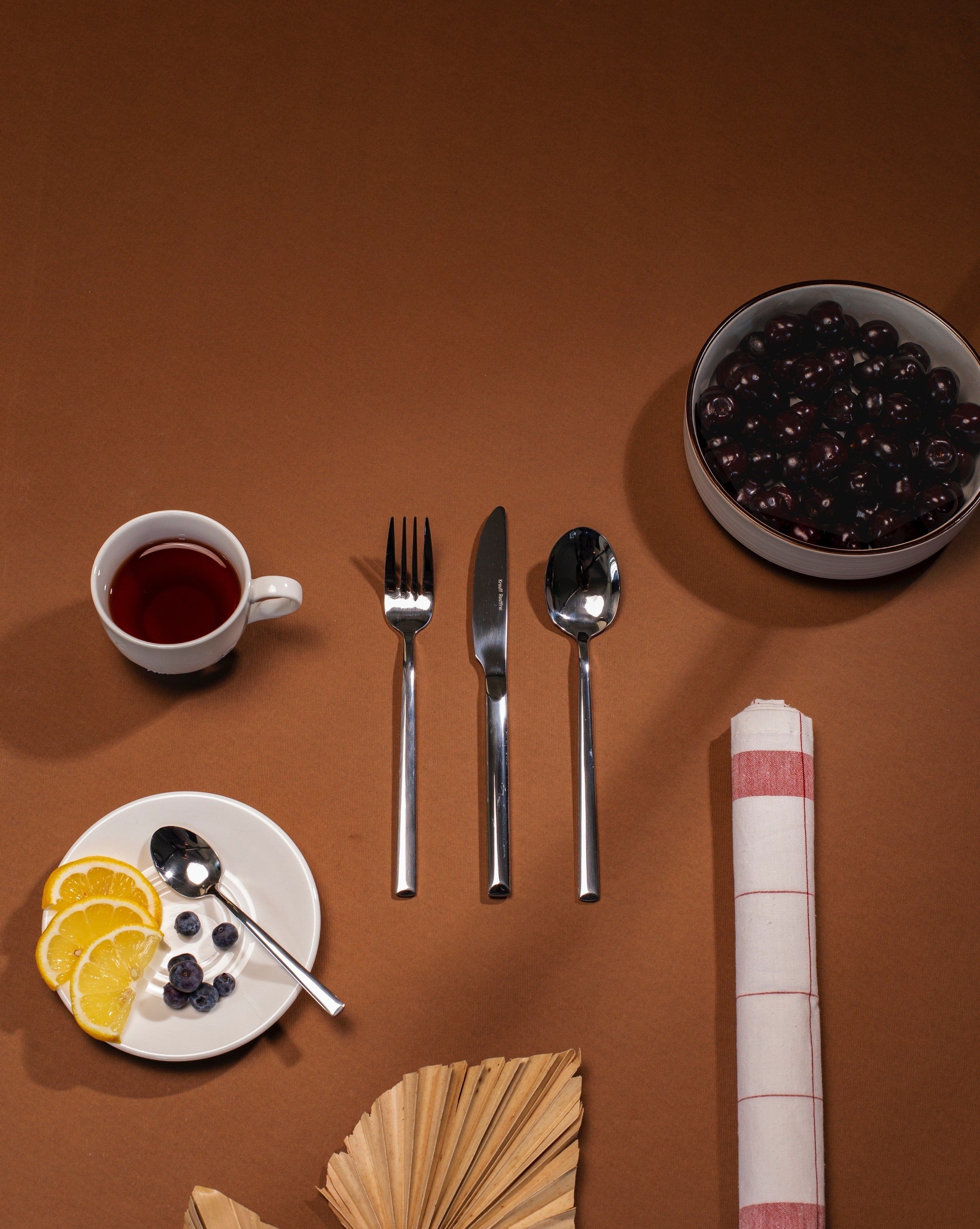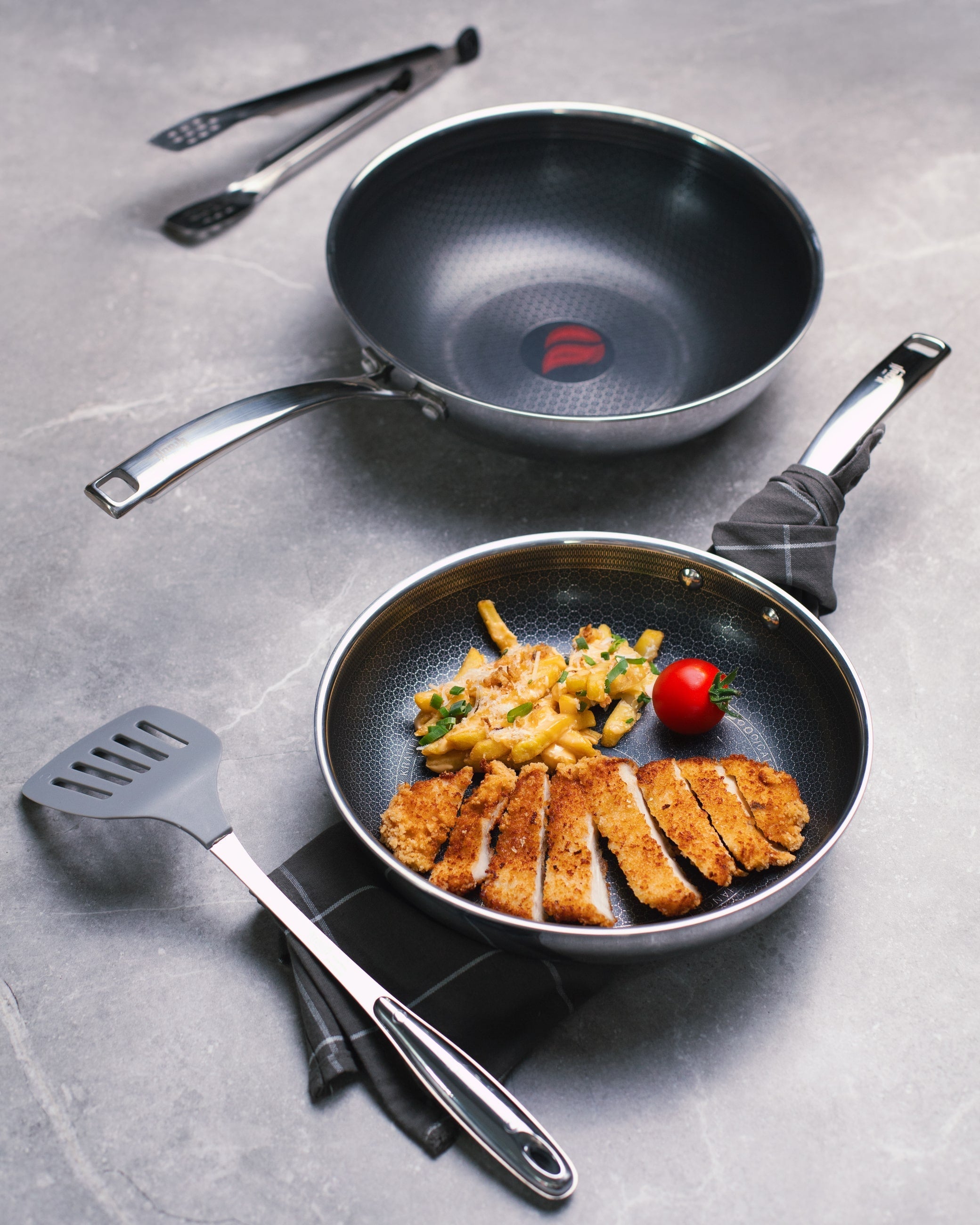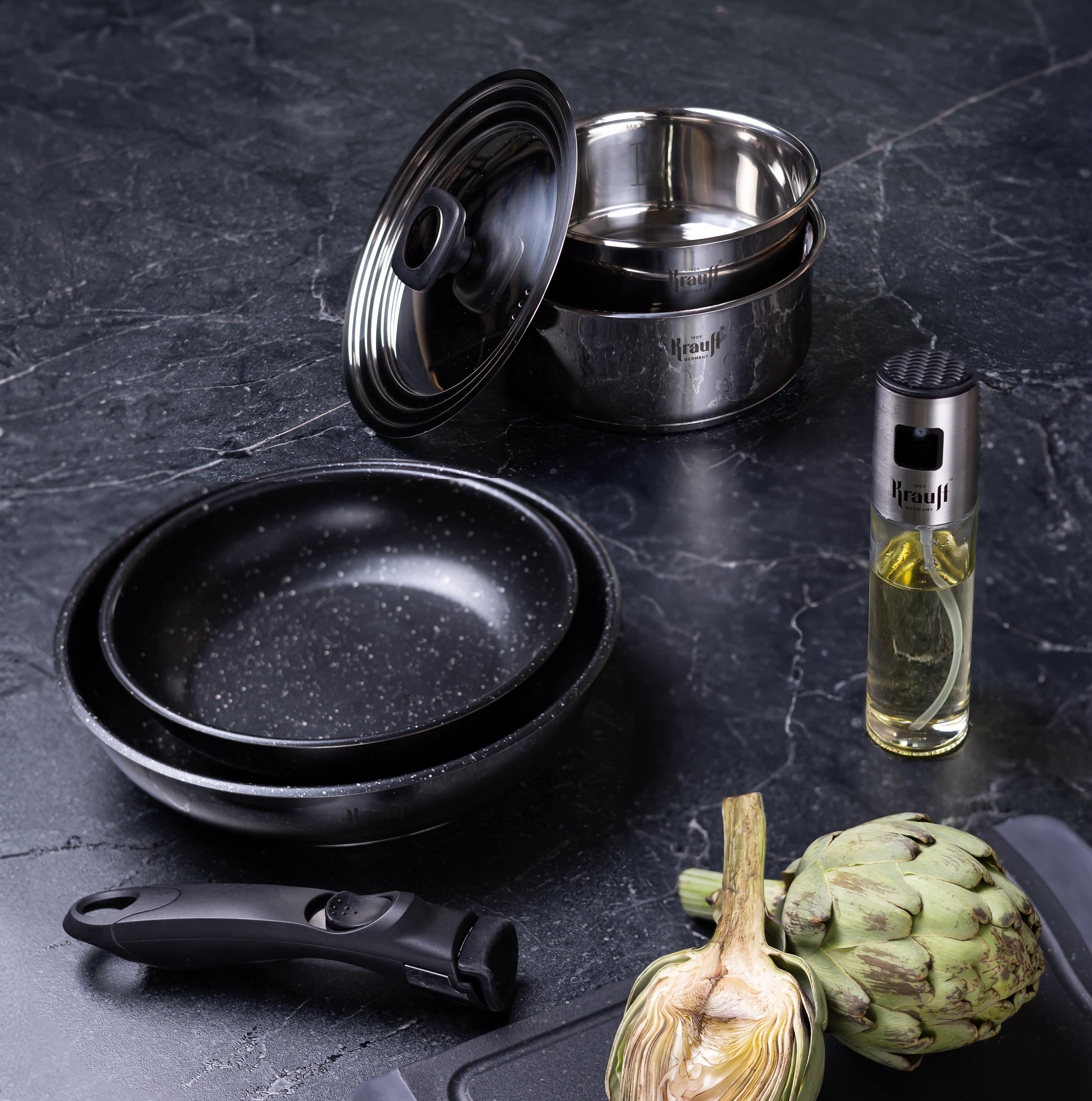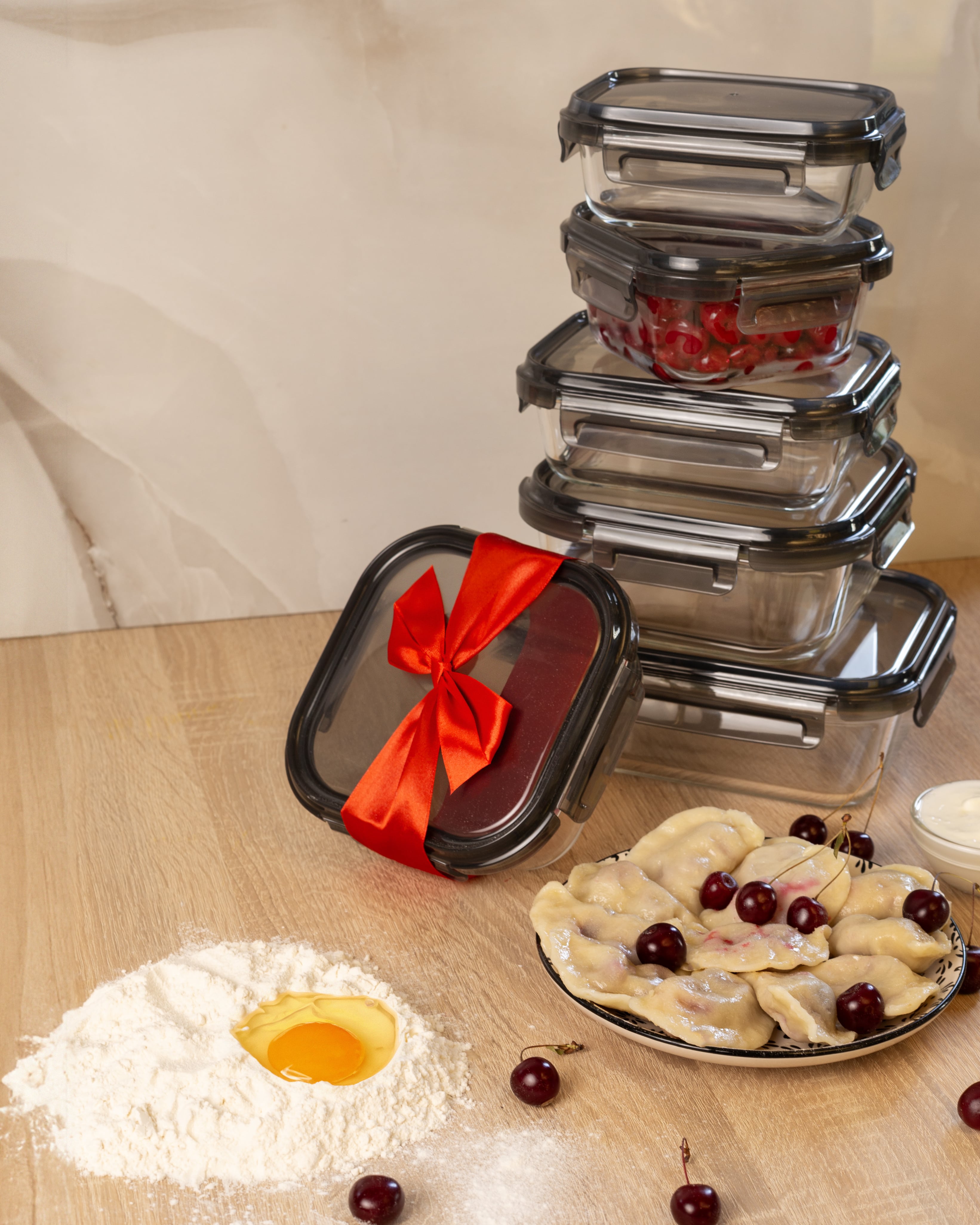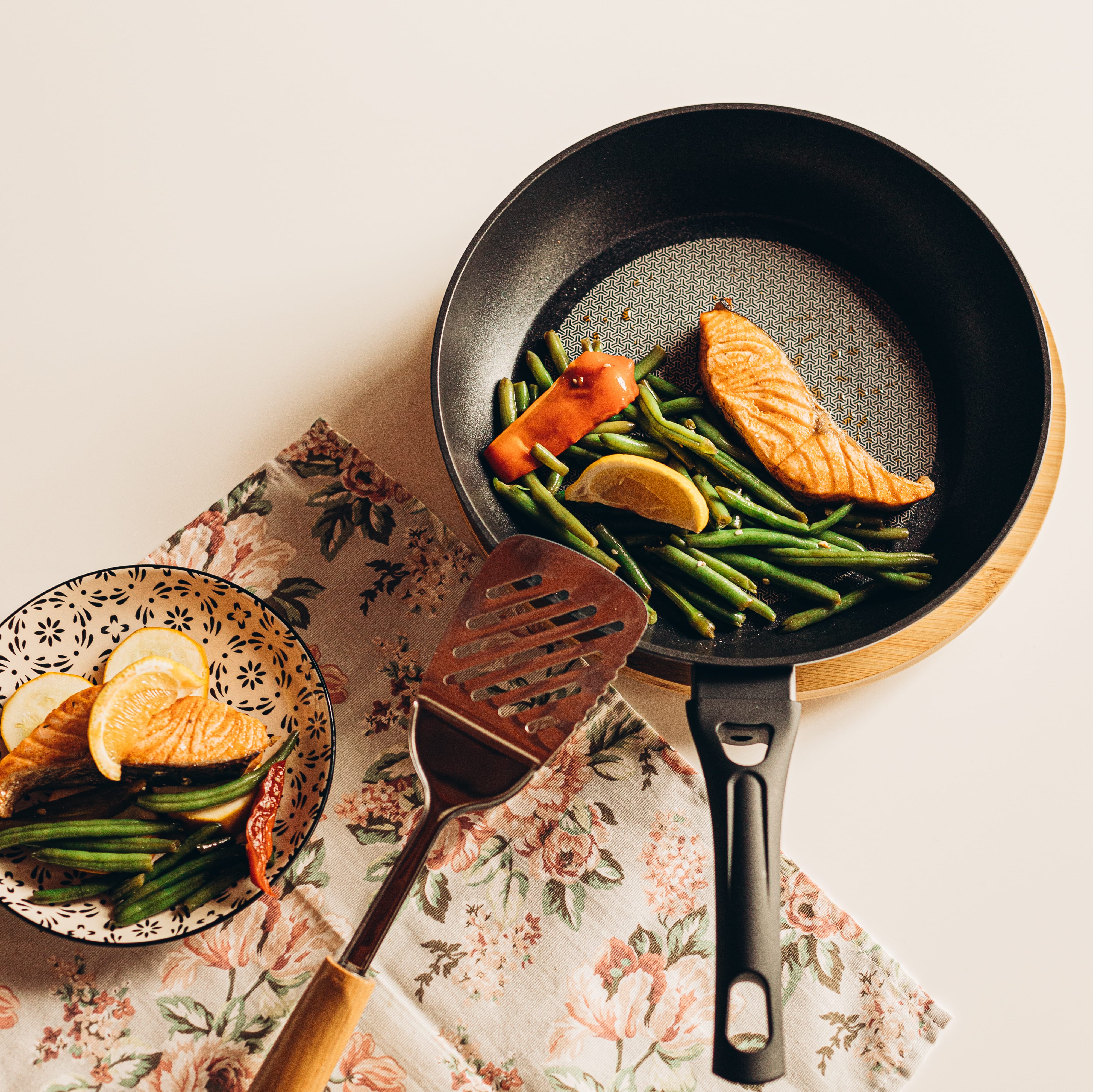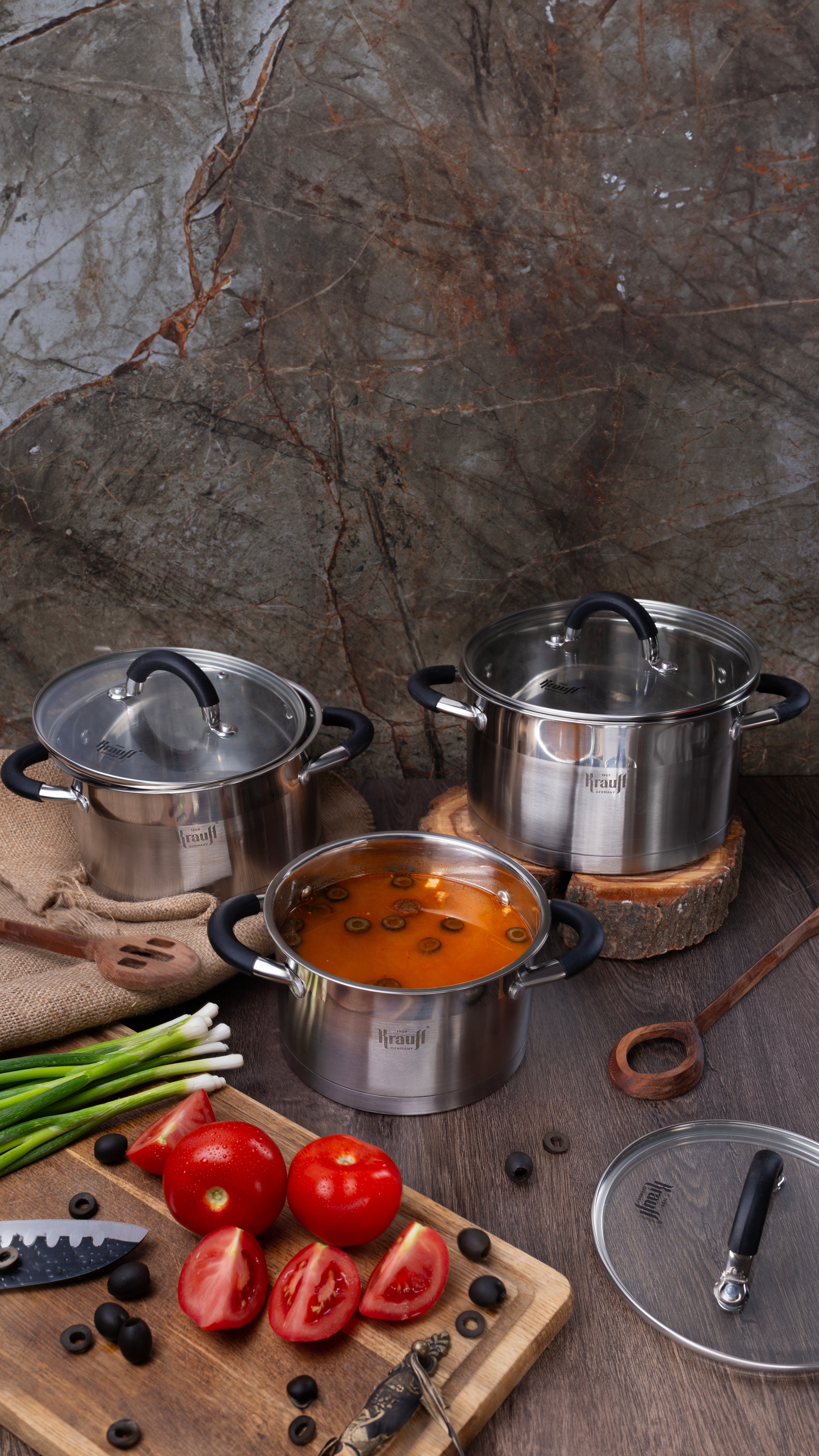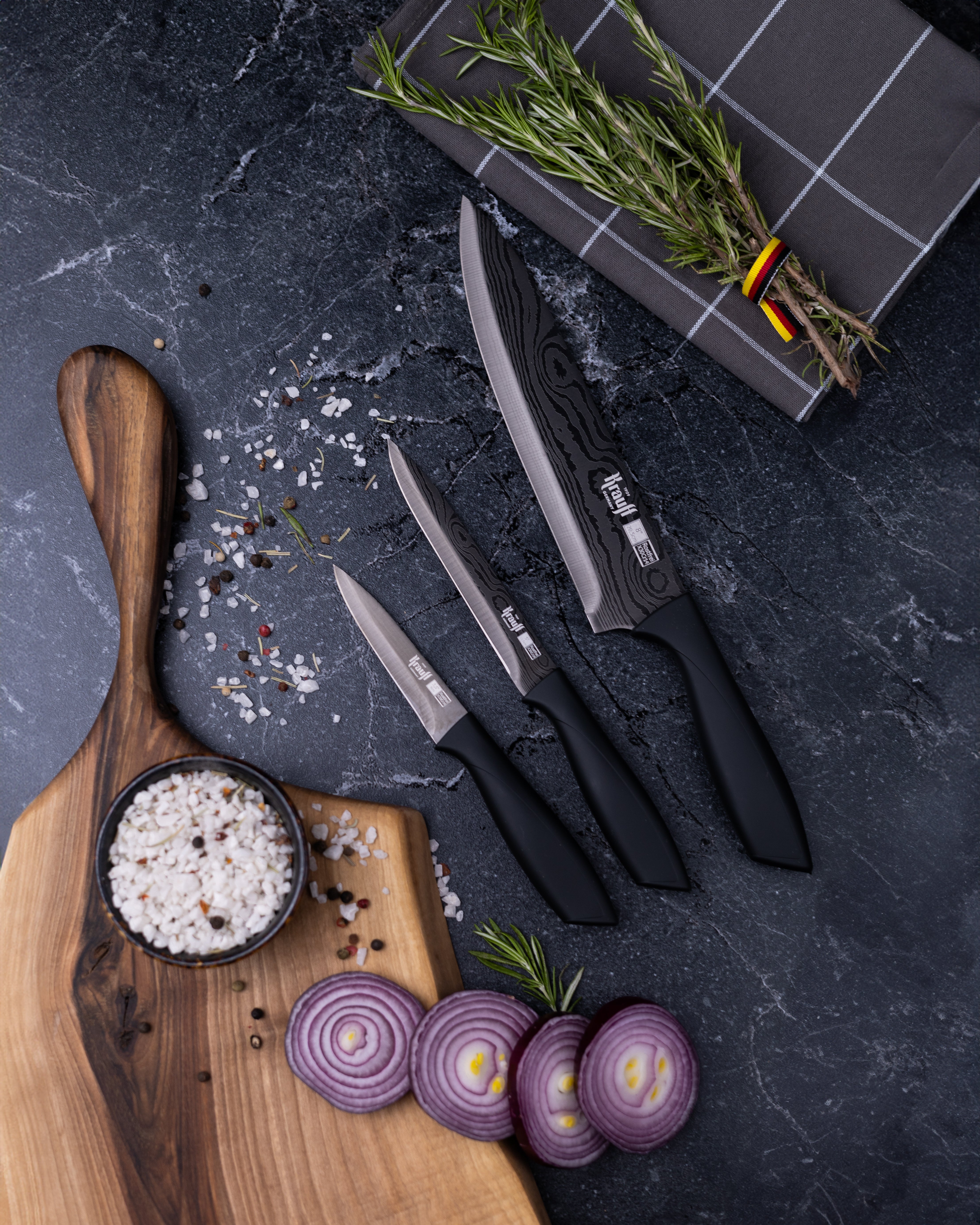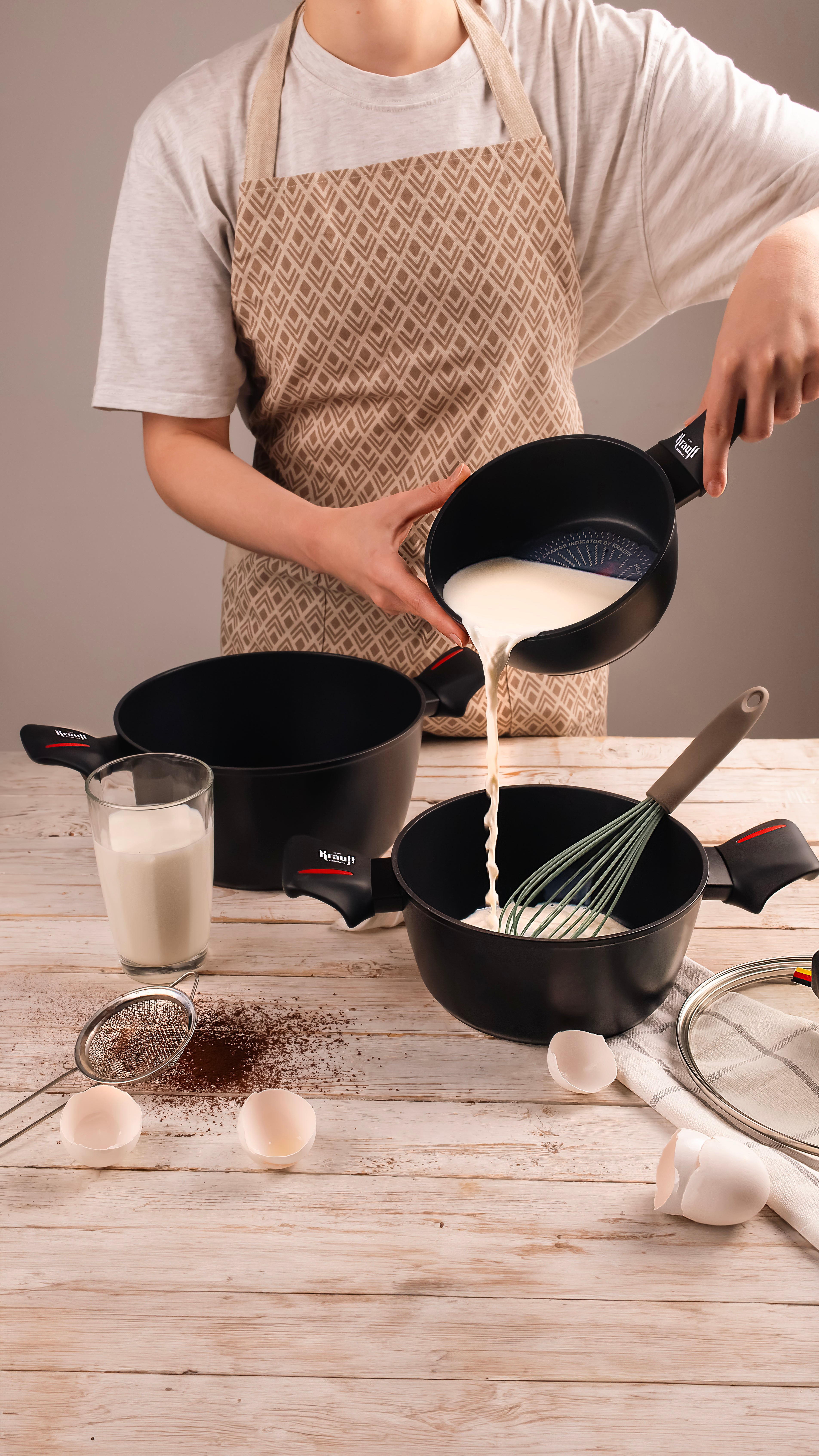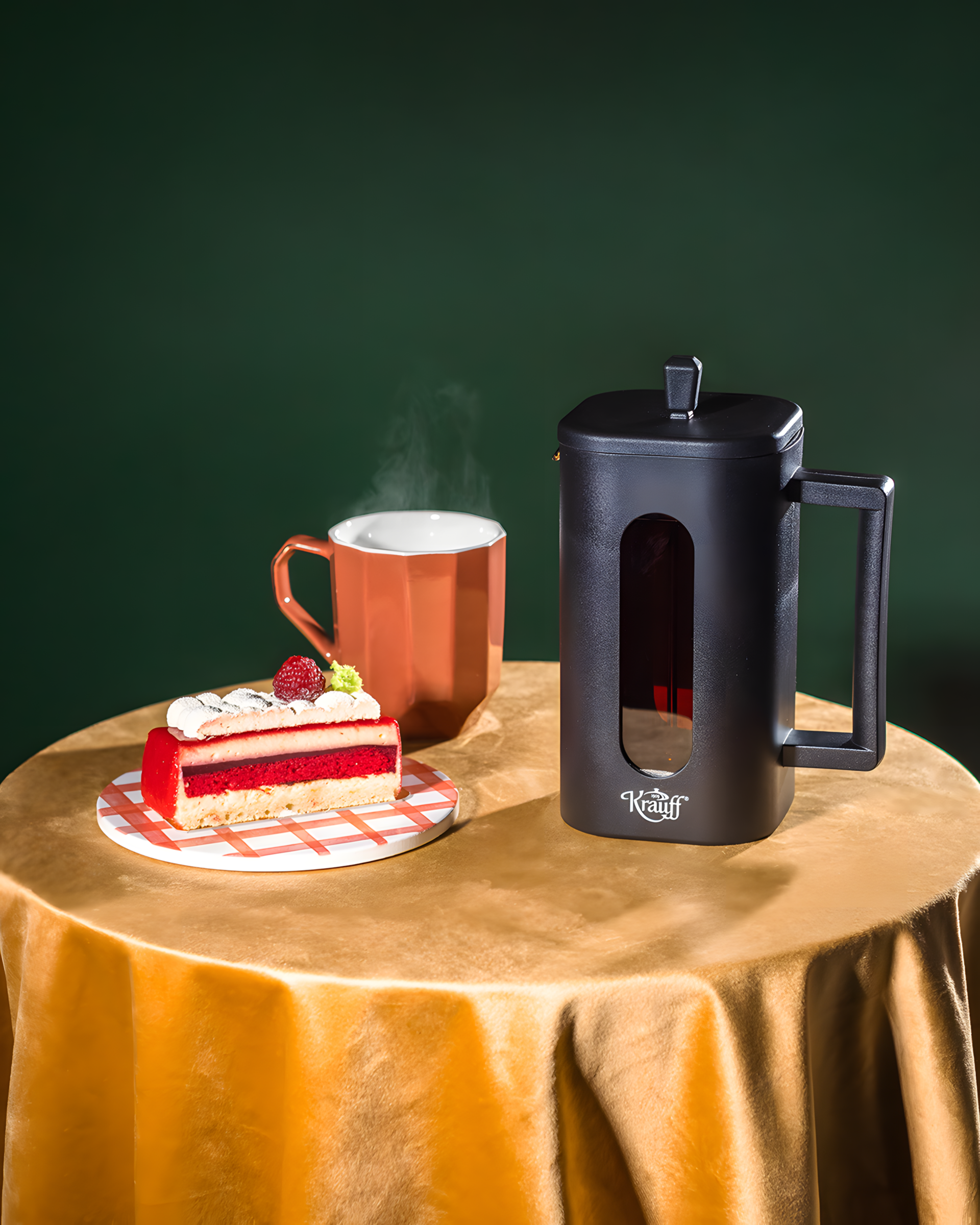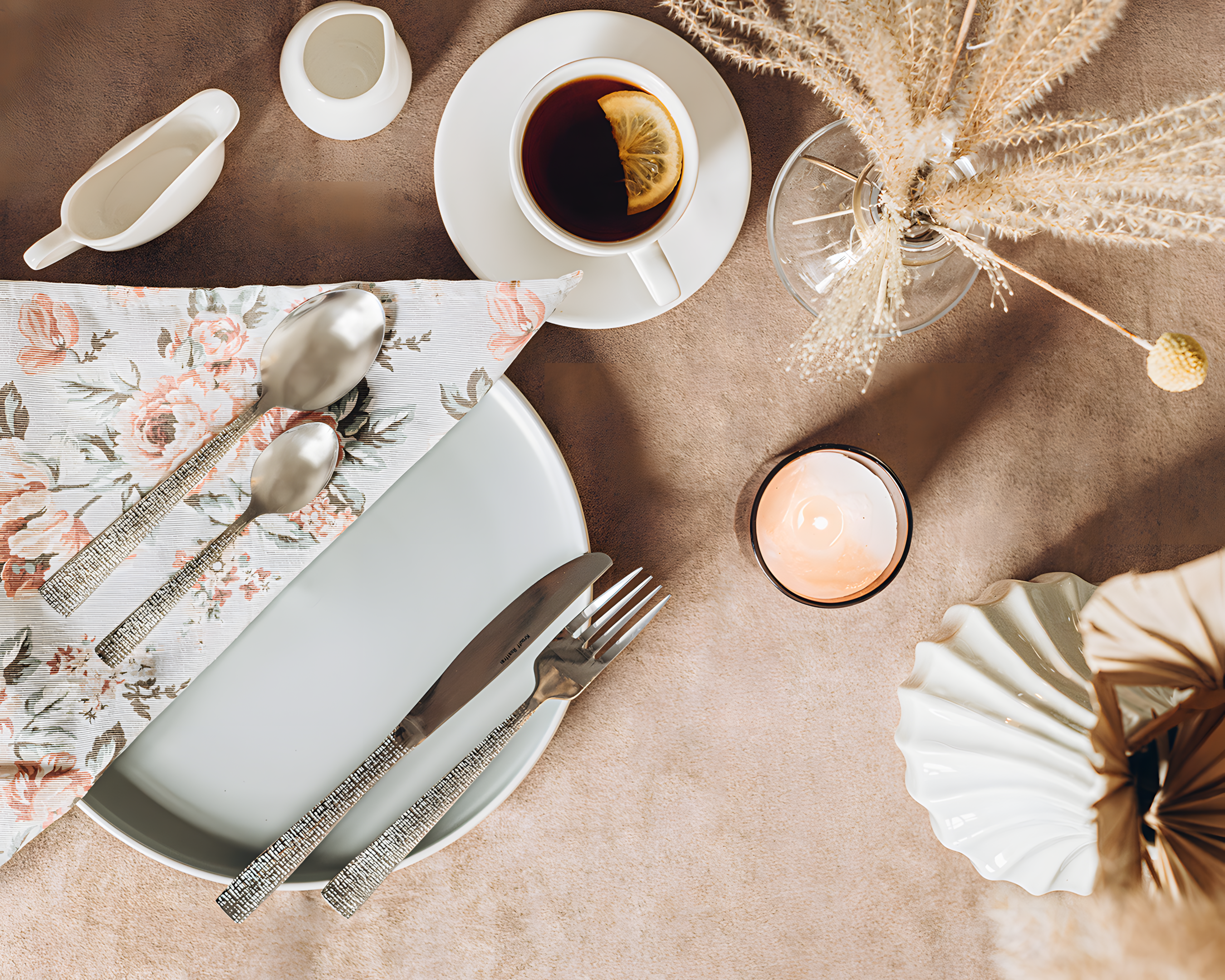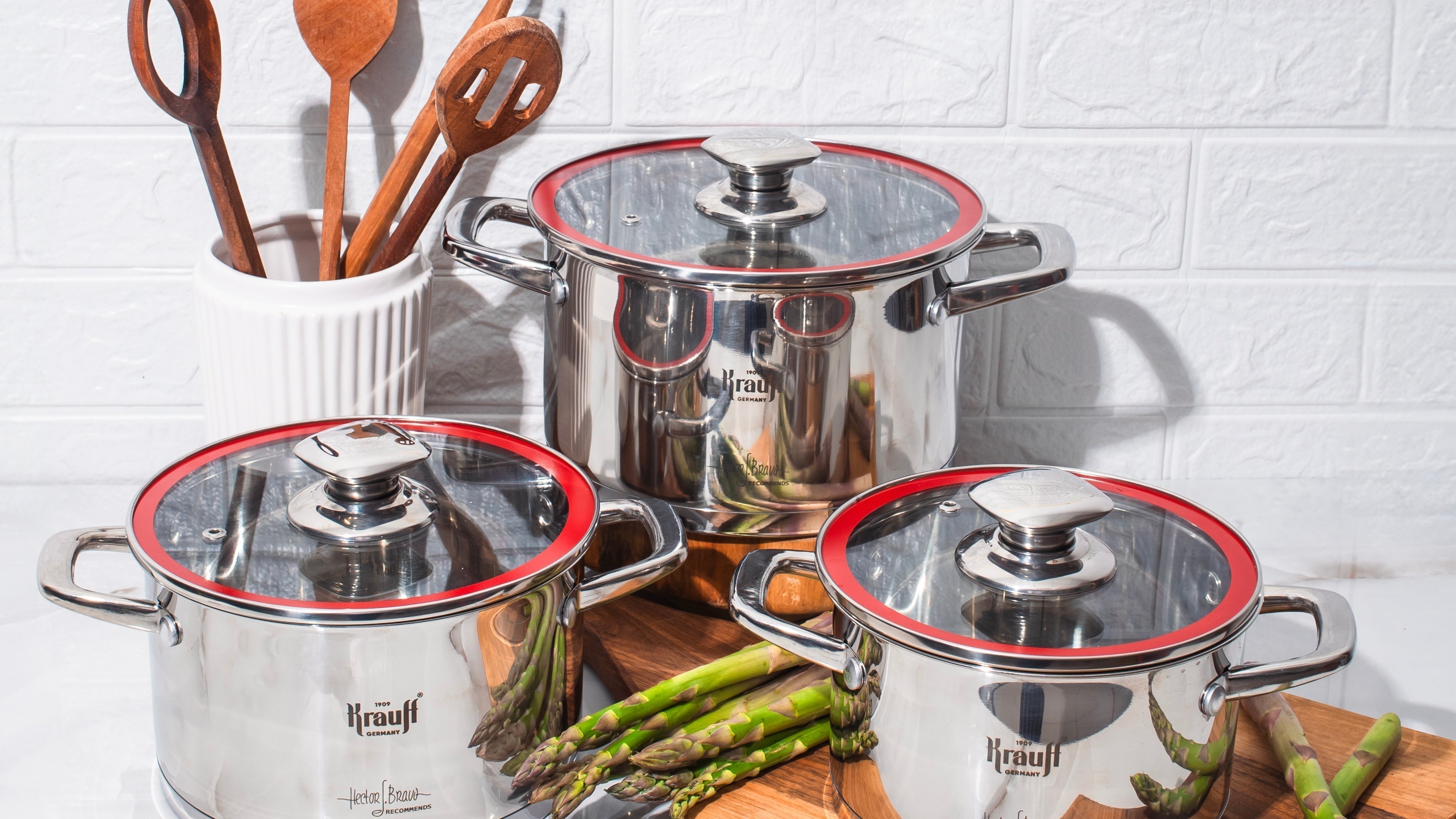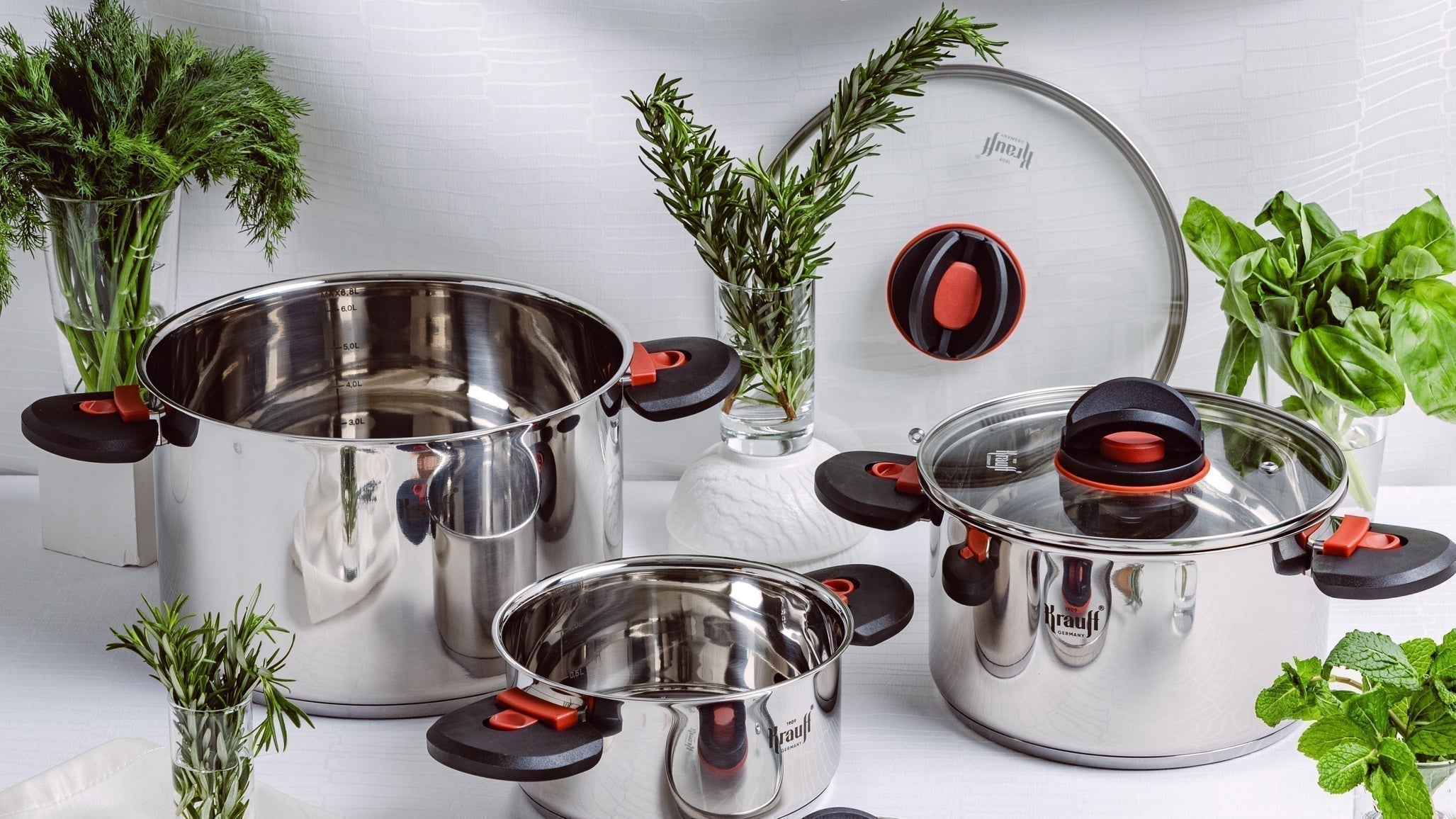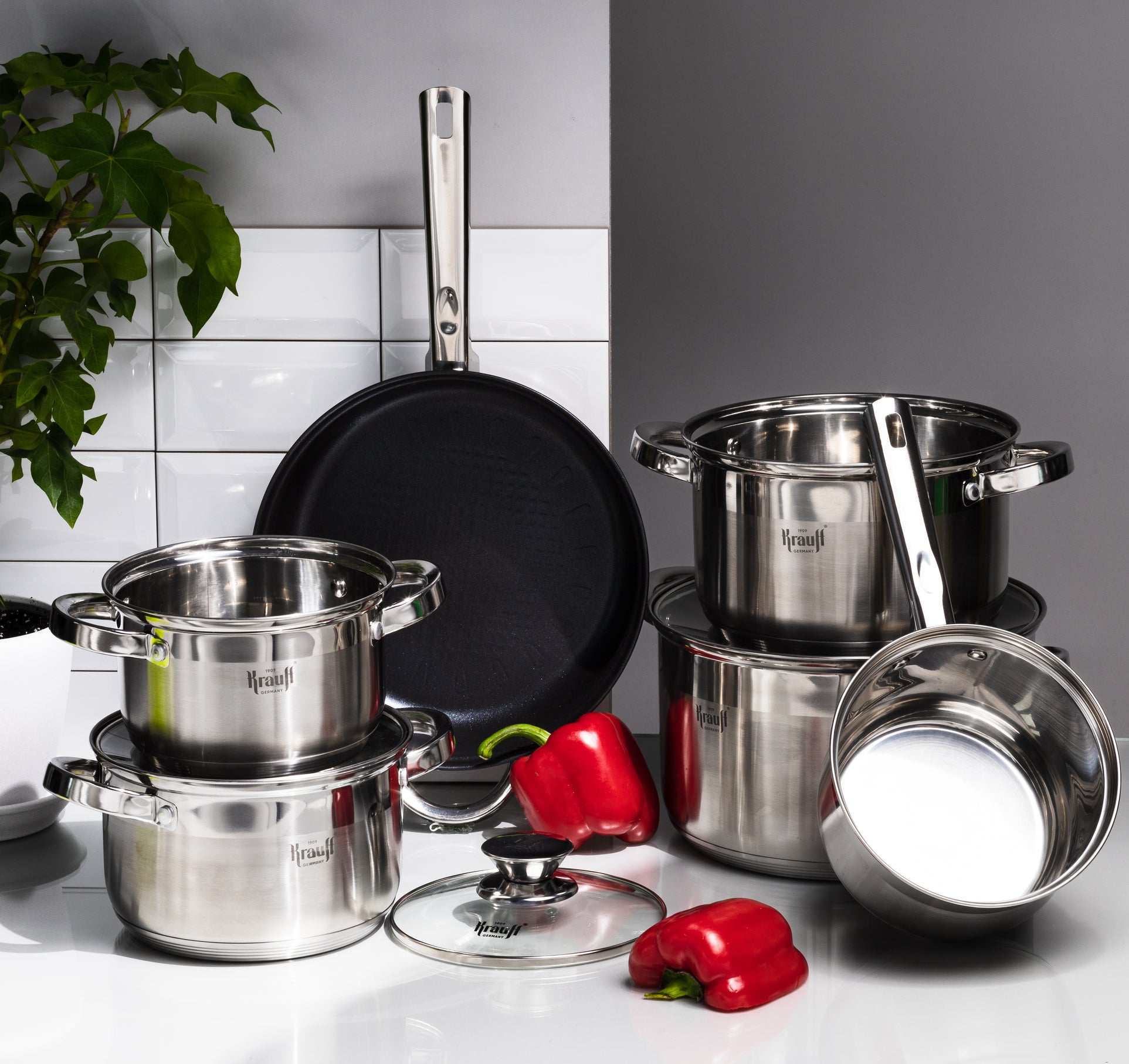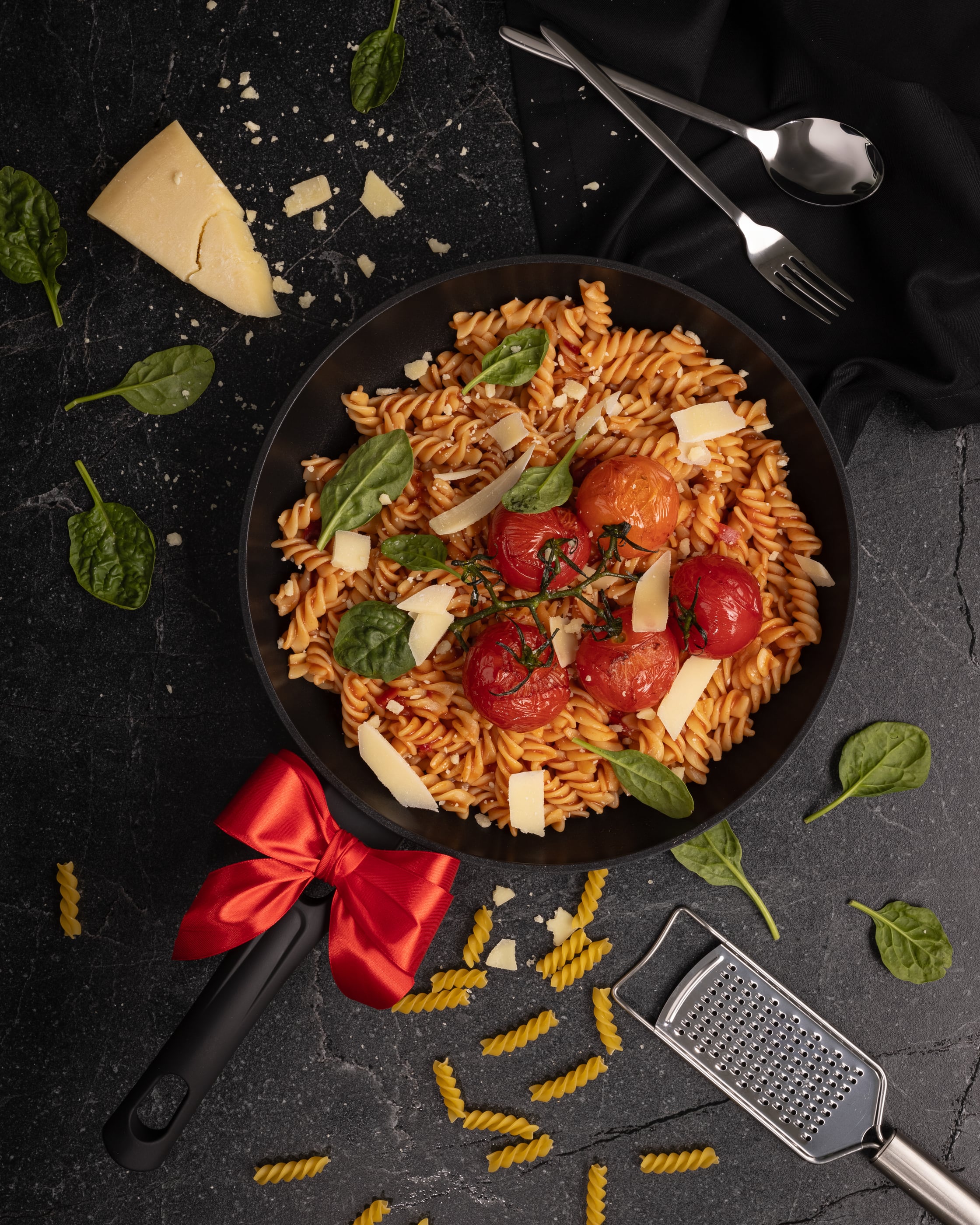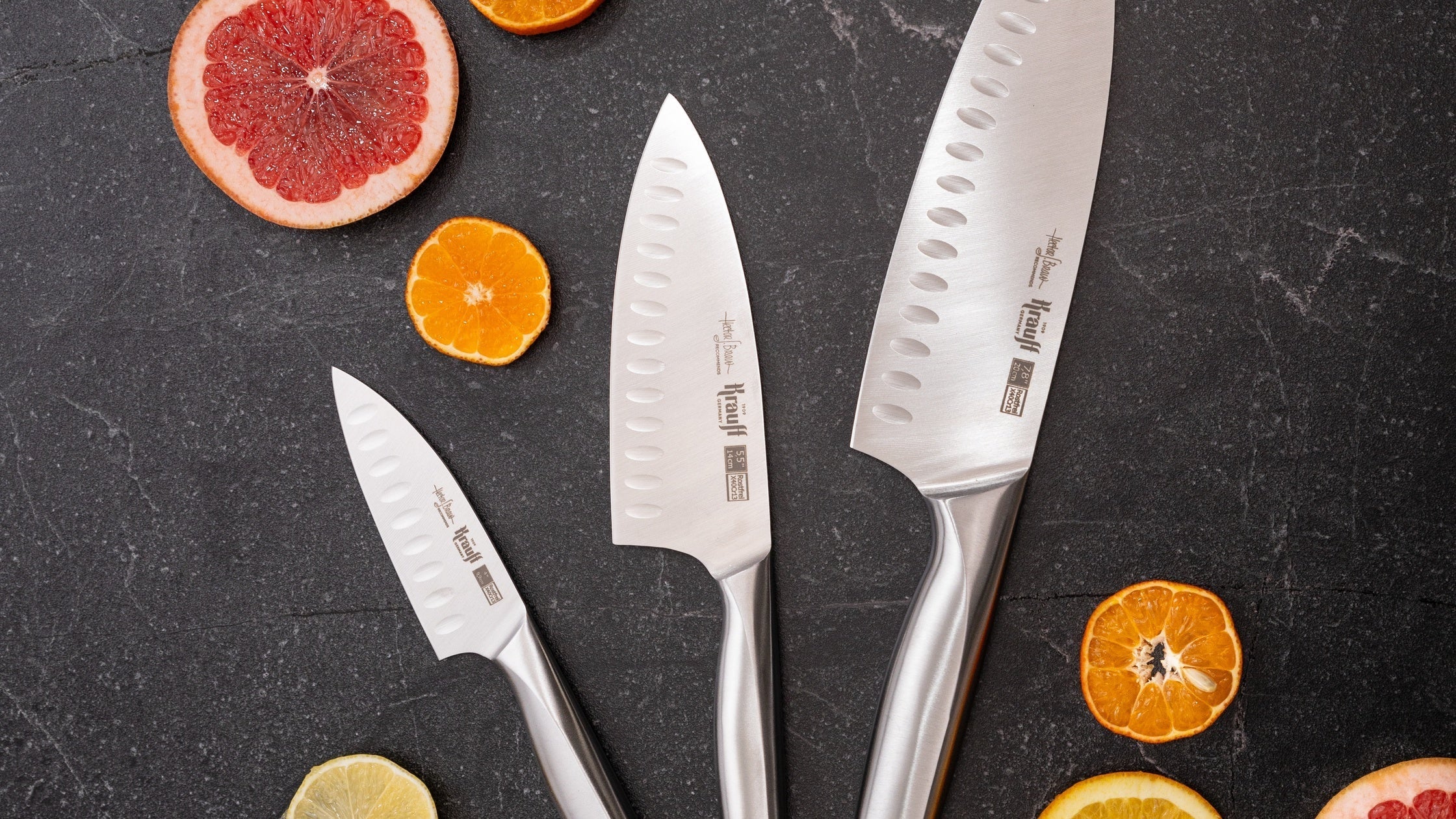
How to keep knives sharp: rules for care and sharpening at home
1. Why knives become dull: the main reasons
The most common cause of dullness is improper use. Cutting on glass or marble boards, washing in the dishwasher, storing without protection or in a pile with other metal objects - all this harms the blade. The quality of the steel and the frequency of use also have an impact. Even the strongest steel needs regular care and updating of the cutting edge.
2. Basic rules for knife care
To keep the knife sharp:
-
Wash it by hand immediately after use, do not soak in water.
-
Be sure to wipe dry to avoid corrosion.
-
Use wooden or plastic boards, avoid glass or stone.
-
Do not use the knife for actions it is not intended for (opening cans, breaking bones, etc.).
-
Store knives in separate compartments, on a magnetic strip or in a stand to avoid contact with other objects.
3. How often should you sharpen a knife?
Depending on how often you use your knife, it should be sharpened about every 2-4 weeks. But sharpening is not always a deep grind. More often, a light filing of the blade with a musat is needed to restore the shape of the cutting edge. If the knife no longer cuts a tomato or bread without pressure, it's time for a more serious sharpening.

4. Home sharpening methods
The modern market offers several sharpening options:
-
A mechanical sharpener is convenient for beginners, quickly and safely restores sharpness.
-
Musat - a steel or ceramic rod for daily sharpening of the blade.
-
Sharpening stones - require skill, but give the best results when used correctly.
-
Professional sharpening is an option for those who don't want to risk their favorite knife.
The main rule is to stick to the recommended sharpening angle: for most kitchen knives, this is 15-20 degrees. Smooth movements, a fixed angle and a little patience - and your knife will work like new again.
5. Does the quality of the knife affect the durability of sharpness?
Yes, the material of the blade directly determines how long the knife will stay sharp. For example, the X30Cr14 steel used by the Krauff brand has the perfect balance between hardness and flexibility. It not only holds its edge well, but is also easy to sharpen. And the titanium coating used in some models additionally protects the blade from wear and moisture. This means: knives made of high-quality steel dull less often, last longer and look better even after years of use.

6. Krauff knives: precision you feel from the first movement
Krauff knives are the result of a German approach to quality and attention to detail. X30Cr14 steel, titanium coating and ergonomic handles with soft-touch coating ensure safe and comfortable work. Thanks to the perfect balance and sharpness of the blade, these knives easily cope with any task - from filigree slicing of vegetables to processing meat.
The line includes knives for vegetables, bread, fillet, universal models and chef's knives. They are comfortable to hold, easy to sharpen, and they look so stylish that you want to put them in plain sight. And most importantly - a 3-year warranty.
7. Tips that will extend the life of knives
-
Get separate knives for different products: this way they wear out less;
-
Use appropriate boards: wood or plastic is best;
-
Wash immediately after use and dry thoroughly;
-
Do not leave the knife in water or in the sink for a long time;
-
Sharpen regularly, without waiting for the blade to completely lose its sharpness.
Sharp knives are convenient, fast and safe. Taking care of them is not difficult, but it requires consistency. It is important to wash, store, sharpen and choose quality tools. Such as Krauff knives, designed for daily work in the kitchen. They last a long time, work accurately and help you cook with pleasure.










